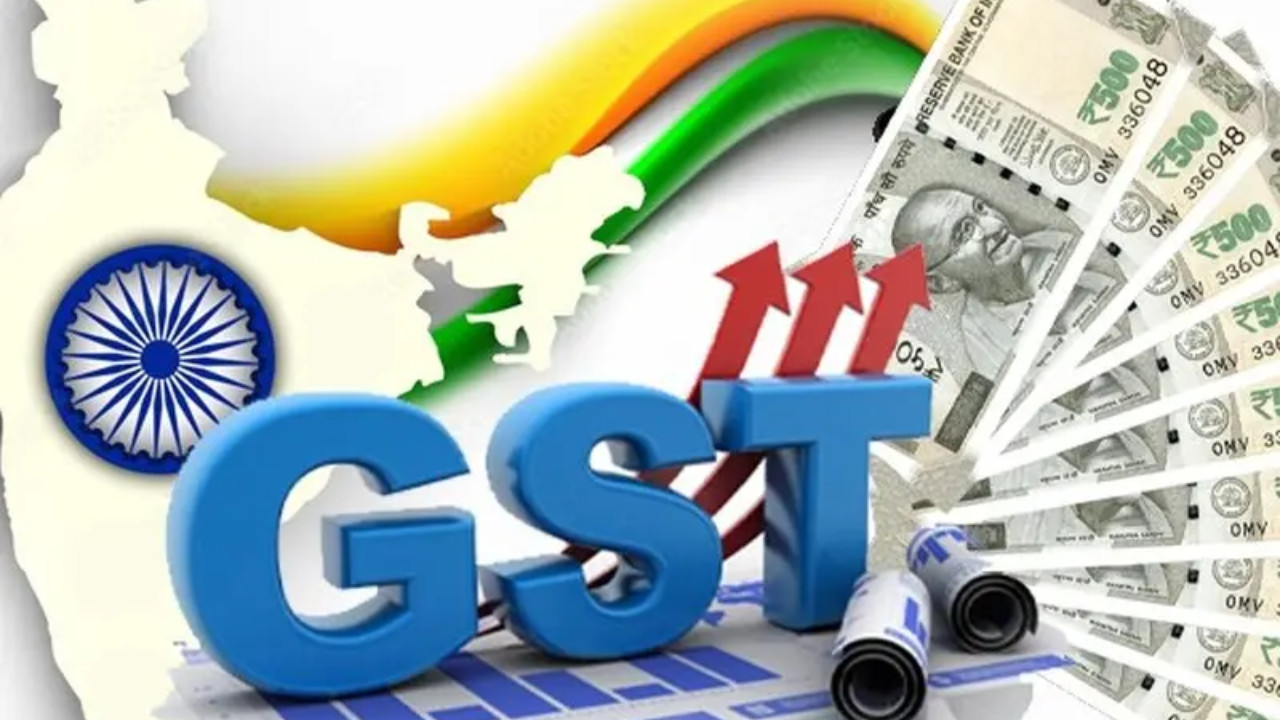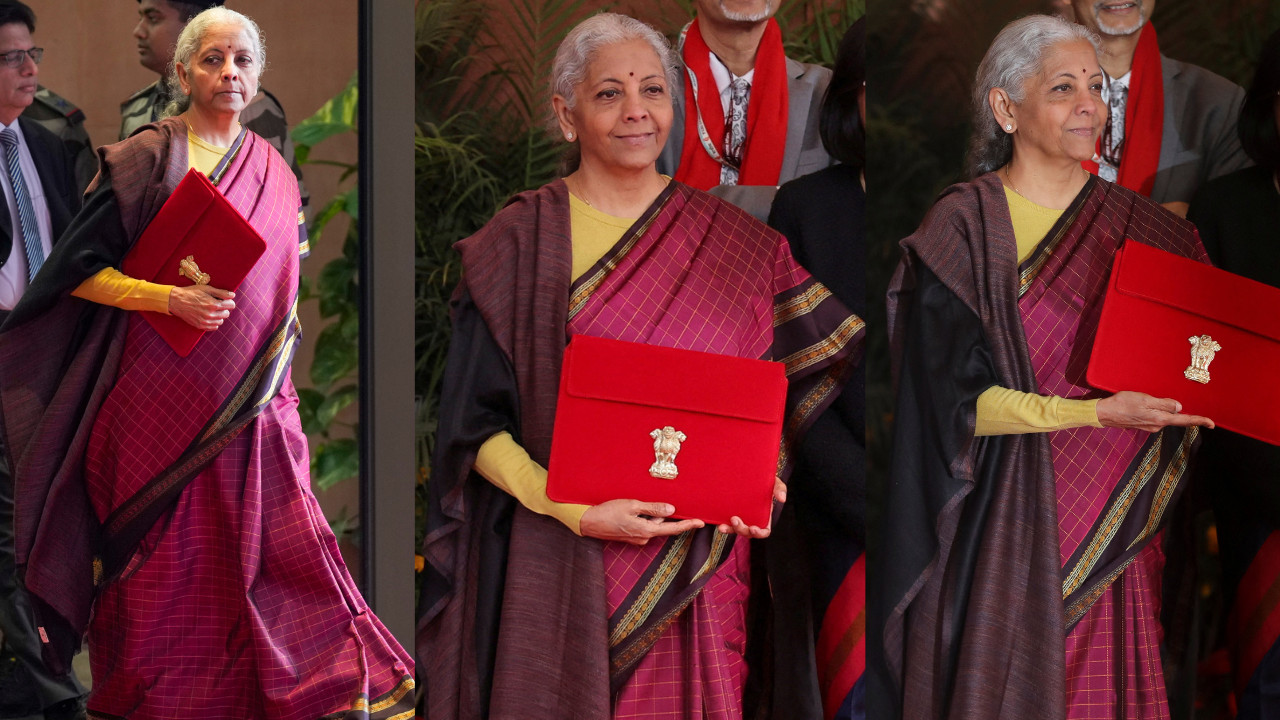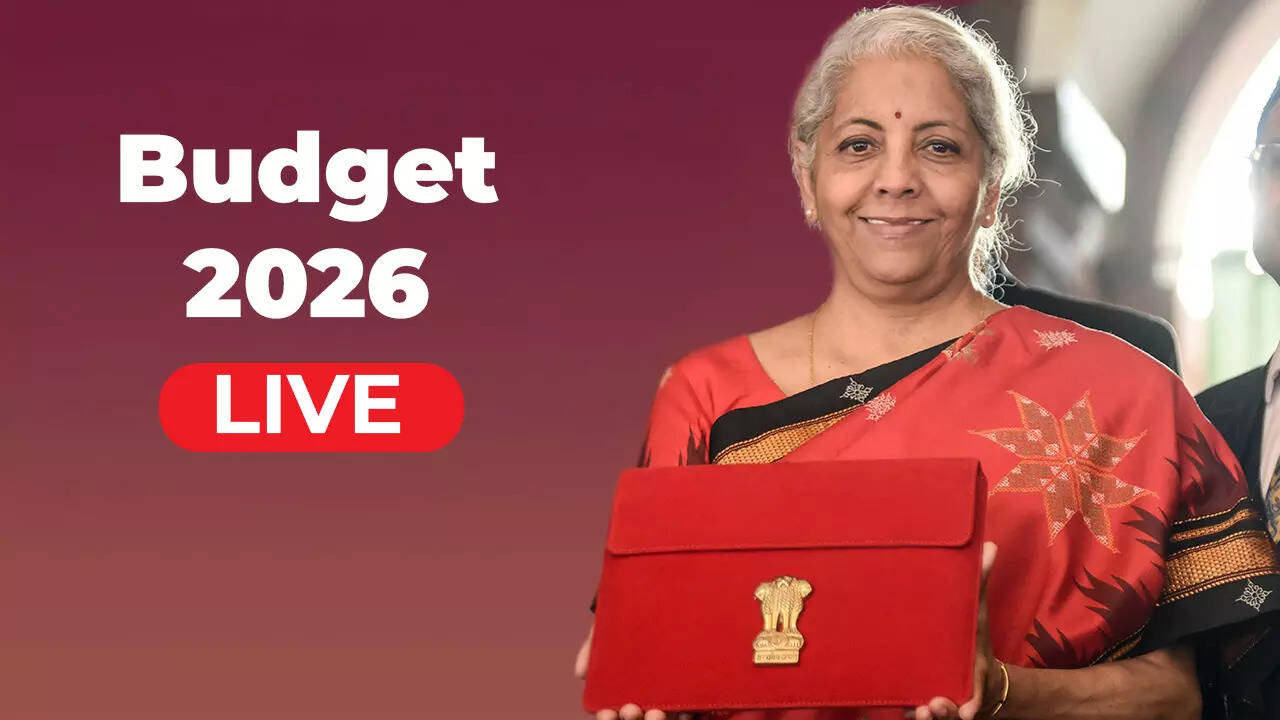The government is preparing to establish the 8th Central Pay Commission. Consultations are underway with various ministries and state governments. This commission will revise the pay for central government employees and pensioners. The 8th CPC is expected to be implemented from January 1, 2026. The government revises dearness allowance twice a year to adjust for inflation.
The Winds of Change: What’s Brewing with the Next Pay Commission?
The murmurings have begun, the cogs are turning, and a frisson of anticipation is running through the ranks of government employees. Whispers of the next Pay Commission – the 8th in the series – are getting louder, hinting at potential revisions to salary structures and benefits for millions. The government has initiated preliminary consultations, signaling that a potential overhaul of compensation is not just a dream, but a tangible possibility. But what exactly is happening behind the scenes? Let’s delve into the details and explore what this could mean for you.
Laying the Groundwork: Consultations Underway
While the specifics of the 8th Pay Commission are still shrouded in some mystery, one thing is clear: the government is actively engaging in discussions. These aren’t just idle chats; they are crucial consultations with various state governments and relevant ministries. Think of it as a massive listening exercise, gathering input from stakeholders who will be directly impacted by any changes. This process ensures a more comprehensive and potentially fairer outcome when recommendations are eventually formulated. These dialogues are important for the 8th pay commission.
This initial stage is vital because it allows the government to understand the current economic landscape, assess the financial implications of potential revisions, and gauge the specific needs and concerns of employees across different sectors and regions. It’s about building a strong foundation before erecting the structure of a new pay system.
What’s on the Table? Beyond Basic Salary
The Pay Commission isn’t solely about increasing the basic salary. It’s a comprehensive review of the entire compensation package, encompassing allowances, retirement benefits, and other perks. Factors like inflation, the cost of living, and overall economic growth play a significant role in shaping the Commission’s recommendations.

Past Pay Commissions have introduced significant reforms, including the implementation of the Dearness Allowance (DA) to offset the impact of inflation and the introduction of various allowances to cater to specific needs. The 7th Pay Commission, for example, brought about changes to the House Rent Allowance (HRA) and Transport Allowance (TA). So, with the 8th Pay Commission on the horizon, we can anticipate similar, potentially groundbreaking, changes to various components of the salary structure.
A Shift in Approach? Exploring Alternative Compensation Models
Interestingly, there’s been some discussion about moving away from the traditional Pay Commission structure altogether. Some experts have suggested exploring alternative compensation models that are more dynamic and responsive to market forces. This could involve linking salary increases to performance, economic indicators, or other relevant benchmarks.
While the government hasn’t explicitly confirmed a shift in approach, the mere mention of alternative models suggests a willingness to consider innovative solutions. This could potentially lead to a more flexible and equitable compensation system that better reflects the contributions and performance of individual employees. The government is looking at the 8th pay commission from all possible directions.
Timeline and Expectations: Patience is Key
It’s crucial to remember that the Pay Commission process is a lengthy one. From initial consultations to the final implementation of recommendations, it can take several months, if not years. While the government has started the consultation process, there’s no concrete timeline for when the 8th Pay Commission’s recommendations will be finalized and implemented.
Government employees should, therefore, temper their expectations and avoid getting caught up in speculation. While the prospect of a salary hike and improved benefits is undoubtedly exciting, it’s important to remain patient and allow the process to unfold naturally.
To stay informed about related financial topics, check out this article about [investment strategies for retirement](internal-link-to-retirement-article).
Preparing for the Future: What You Can Do
While we await further updates on the 8th Pay Commission, it’s a good time for government employees to take stock of their financial situation. This includes reviewing your current salary, expenses, and investments. Understanding your financial needs and goals will put you in a better position to make informed decisions when the 8th Pay Commission’s recommendations are eventually implemented.
It’s also worth researching different investment options and exploring ways to maximize your savings. Whether it’s investing in stocks, bonds, or real estate, diversifying your portfolio can help you build long-term wealth and secure your financial future.
The 8th Pay Commission holds the potential to bring significant changes to the financial well-being of government employees. By staying informed, managing expectations, and proactively planning for the future, you can navigate this period of transition with confidence and maximize the benefits that may come your way. The consultation period has started so expect a comprehensive plan soon.







